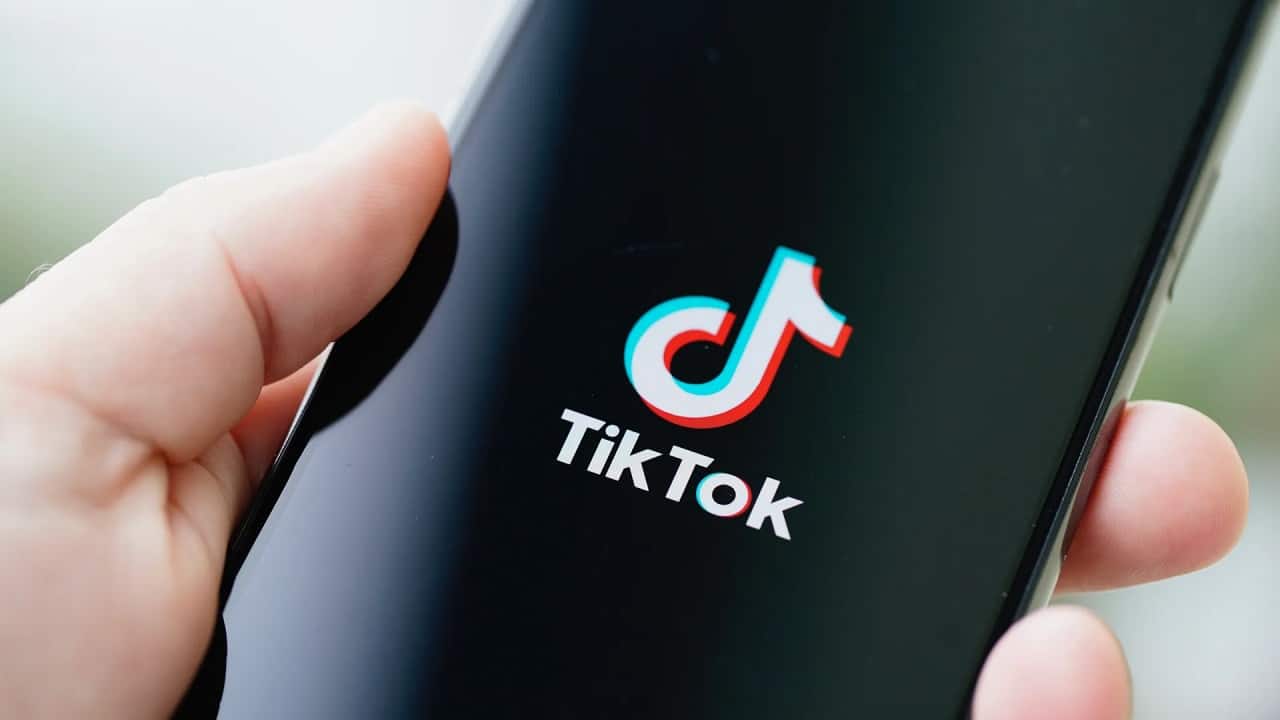Ο DSA (European Union Digital Services Act), forces companies to rethink their advertising and transparency policies
The European Union's Digital Services Act (DSA) officially entered into force. From the 25 August 2023, technological giants such as Google, Facebook, Amazon and others must comply with legislation that makes online platforms legally responsible for the content posted on them.

Although this new law was passed in the EU, we will likely see far-reaching global effects as companies adapt their policies to comply. Here's what he does exactly DSA and how the EU plans to impose on him.
What is the Digital Services Act?
Its general goal DSA is to promote safer online environments. Under the new rules, online platforms must implement ways to prevent and remove posts that contain illegal goods, services or content, while at the same time providing users with the means to report such content.
We're bringing our European values into the digital world.
With strict rules on transparency and accountability, our Digital Services Act aims to protect our children, societies and democracies.
As of today, very large online platforms must apply the new law.
- Ursula von der Leyen (@vonderleyen) August 25
Furthermore, the DSA prohibits targeted advertising based on an individual's sexual orientation, religion, nationality, or political beliefs, and places restrictions on targeting ads to children. It also requires online platforms to provide greater transparency about how their algorithms work.
Η DSA establishes additional rules for “very large online platforms“, forcing them to give users the right to opt out of recommendation systems and profiling, share key data with investigators and authorities, cooperate with crisis response requirements, and conduct external and independent audits.
The European Parliament approved the DSA the July of 2022. While the EU does not require smaller companies to comply with the DSA yet, it has required very large online platforms to comply four months after being designated as such. which took place in April.

Which online platforms are affected?
The EU considers as very large online platforms (or very large online search engines) those that have over 45 million monthly users in the EU. So far, the EU has planned 19 platforms and search engines that fall into this category, including the following
- Alibaba AliExpress
- Amazon Store
- Apple App Store
- Booking.com
- Google Play
- Google Maps
- Google Shopping
- Snapchat
- TikTok
- Wikipedia
- YouTube
- Zalando
- Bing
- Google Search
The EU will require each of these platforms to update their user numbers at least every six months. If a platform has less than 45 million monthly users for a full year, it will be removed from the list.
What are online platforms doing to comply?
Many of these companies have already outlined how they will comply with the DSA. Here is a brief overview of the most notable ones.

While Google says it already complies with some of the policies envisioned by the DSA, including the ability to give its creators YouTube to appeal video removals and restrictions, Google announced that it is expanding its Ads Transparency Center to meet the requirements outlined in the law.
The company also pledged to expand researchers' access to the data to provide more information about "how Google Search, YouTube, Google Maps, Google Play and Shopping work in practice". It will also improve transparency reports and analyze potential "risks of spreading illegal content or risks to fundamental rights, public health or public debate".
Meta

Η Meta, its parent company Facebook and Instagram, is working to expand its ad library, which currently aggregates the ads served on its platforms. The company will soon begin displaying and archiving all ads directed at users in the EU, and will also include the parameters used to target the ads, as well as who was served with the ad.
In June, Meta published a lengthy report on how its algorithm works on Facebook and Instagram, as part of its drive for transparency. It will also begin allowing European users to view content in chronological order on Reels, Stories and Search on both Facebook and Instagram – without being subject to its personalization engine.
TikTok

Similar to the measures applied by Meta, the TikTok also announced that it is making its algorithm optional for users in the EU. When the algorithm is disabled, users will see videos "both from where they live and from around the world" in their streams For You and Live instead of videos based on personal interests.
It will also allow users to view content in chronological order in their feeds Following and Friends. TikTok is also making some changes to its advertising policies. For European age users 13 to 17 years, TikTok will stop showing personalized ads based on their activity on the app.
Snapchat

Snapchat will also give users in the EU the option to opt out of personalized page feeds Discover and Spotlight and has also publish reports about how it ranks posts in those feeds. The company is committed to providing users with more information about why their posts or account were removed and will give them the tools they need to appeal the decision.
In addition, Snapchat will no longer serve personalized ads to European Snapchat users of age 13 to 17 years. It will also create a record of the targeted ads it serves in the EU and give European Snapchat users over 18 years more control over the ads they see.
What happens if these platforms do not comply?
Online platforms that do not comply with DSA rules could see fines of up to 6% of their global turnover. According to the EU Commission, the Digital Services Coordinator and the Commission will have the power to "require immediate action where this is necessary to address very serious harm". A platform that continually refuses to comply could lead to a temporary suspension of its operation in the EU.
The EU is already seeing some companies react to the DSA. In July, Amazon filed a petition asking the EU to reassess its classification as a very large online platform, arguing that it is "unreasonably singled out." German retailer Zalando also filed a lawsuit against the EU Commission, similarly arguing that it does not meet the definition of a very large online platform.
 Do not forget to follow it Xiaomi-miui.gr on Google News to be informed immediately about all our new articles! You can also if you use RSS reader, add our page to your list by simply following this link >> https://news.xiaomi-miui.gr/feed/gn
Do not forget to follow it Xiaomi-miui.gr on Google News to be informed immediately about all our new articles! You can also if you use RSS reader, add our page to your list by simply following this link >> https://news.xiaomi-miui.gr/feed/gn
Follow us on Telegram so that you are the first to learn our every news!





